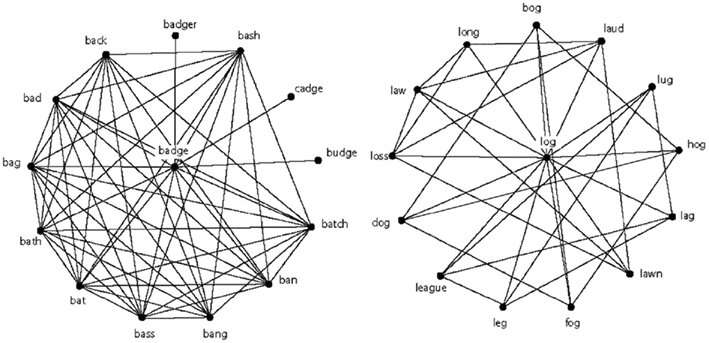Does aging make our brains less efficient?

We are an aging population. Demographic projections predict the largest population growth will be in the oldest age group—one study predicted a doubling of people age 65 and over between 2012 and 2050. Understanding aging and prolonging healthy years is thus becoming increasingly important.
For Michele Diaz, Ph.D., of Pennsylvania State University, understanding aging is most important in the context of cognition. She’s a former Duke faculty member who visited campus recently to update us on her work.
Diaz said the relationship between aging and how we think is much more nuanced than the usual stereotype of a steady cognitive decline with age.
Research has found that change in cognition with age cannot be explained as a simple decline: while older people tend to decline with fluid intelligence, or information processing, they maintain crystallized intelligence, or knowledge.
Diaz’s work explores the relationship between aging and language. Aging in the context of language shows an interesting phenomenon: older people have more diverse vocabularies, but may take longer to produce these words. In other words, as people age, they continue to learn more words but have a more difficult time retrieving them, leading to a more frequent tip-of-the-tongue experience.
In order to understand the brain activation patterns associated with such changes, Diaz conducted a study where participants of varying ages were asked to name objects depicted in images while undergoing fMRI scanning. As expected, both groups showed less accuracy in naming of less common objects, and the older adult group showed a slightly lower naming accuracy than the younger.
Additionally, Diaz found that the approach older adults take to solving more difficult tasks may be different from younger adults: in younger adults, less common objects elicited an increase in activation, while older adults showed less activation for these more difficult tasks.
Additionally, an increase in activation was associated with a decrease in accuracy. Taken together, these results show that younger and older adults rely on different regions of the brain when presented with difficult tasks, and that the approach younger adults take is more efficient.
In another study, Diaz and her team explored picture recognition of objects of varying semantic and phonological neighborhood density. Rather than manipulation of how common the objects presented in the images are, this approach looks at networks of words based on whether they sound similar or have similar meanings. Words that have denser networks, or more similar sounding or meaning words, should be easier to recognize.
With this framework, Diaz found no age effect on recognition ability for differences in semantic or phonological neighborhood density. These results suggest that adults may experience stability in their ability to process phonological and semantic characteristics as they age.
Source: Read Full Article


